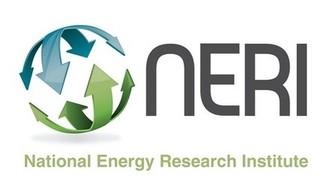Research on our future energy needs gets $2m boost
A University of Canterbury-led project has won Government funding to explore how green hydrogen could provide sustainable transport, heating and electricity for New Zealanders.
The project – in partnership with one of the leading energy modelling groups in Europe, the German Aerospace Center (DLR) – will receive $2 million (excl GST) over three years from the Ministry of Business Innovation and Employment (MBIE) and another €300,000 (NZ$478,700) from the German Ministry of Education and Research.
University of Canterbury (UC) Civil Systems Engineering Lecturer Dr Rebecca Peer and Senior Lecturer Dr Jannik Haas are leading the collaboration supported by MBIE’s Catalyst Fund for New Zealand-Germany Green Hydrogen Research Partnerships.
“We want to develop the most advanced integrated energy system model for New Zealand,” Dr Peer says. “This will include electricity, heat and transport demands at the urban, suburban and national scale. Green hydrogen can play different roles across all those different sectors”. Dr Peer, who specialises in computational modelling and data analysis relating to energy systems, says it’s this integrated approach that sets their work apart.
Dr Haas says their work will provide scientific evidence to quantify a comprehensive green hydrogen strategy for New Zealand. “The industry and transport sectors currently emit a high proportion of New Zealand’s greenhouse gases. We want to understand the role of green hydrogen in meeting New Zealand’s net-zero goal,” he says. “How much we can use it cost-effectively and what for – including its potential as a fuel for planes and ships or potentially export it to the Pacific Islands – is what our project is designed to assess and quantify.”
